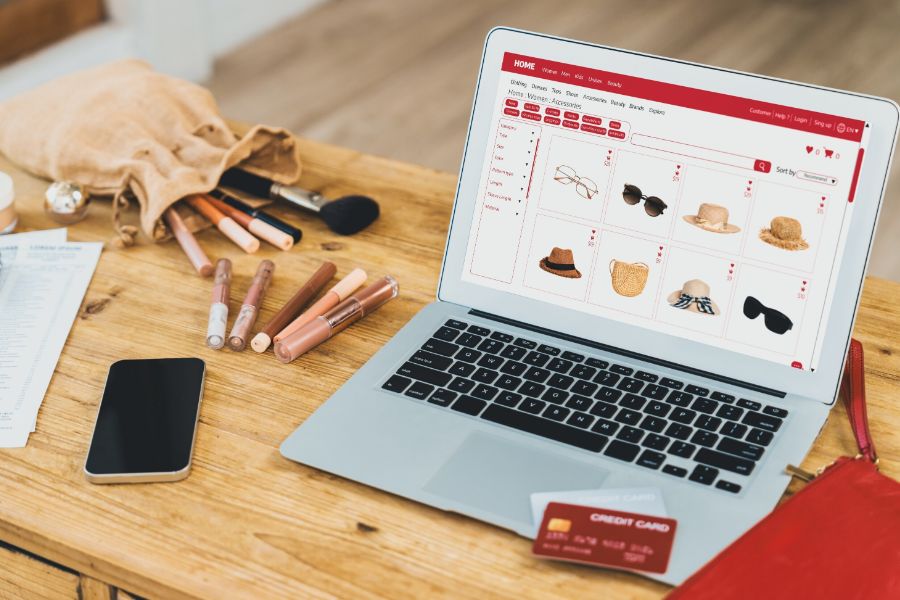Are you among those desiring to give a new model a try in your shop but not purchase it unless you sell that item? Otherwise, do you want to add new products to your store without hassle? Then, you will want consignment inventory. For more details about this approach, read through this post.
What is Consignment Inventory?
Consignment inventory refers to a business setup which the vendor (consignor) reaches a consensus on delivering their items in stock to a retailer (consignee). But the retailer does not have to pay for the products in advance, and the vendor is still the owner. Only if the retailer manages to sell these items do they pay for them.
For instance, a female watch wholesaler wishes to enter a new market. That said, they are not very popular and have difficulty selling their items to retailers. Should they provide their models as a consignor, the retail stores accept to add them in their shop and just pay for the goods they work to sell.
Pros and Cons
Consignment Inventory for Vendors
Pros:
New Markets: Using consignment inventory enables consignors to come into a new market at a reduced cost to the consignees, increasing the likelihood of consignees carrying the consignors’ stocks.
Low Stock Carrying Costs: Stocks are costly to the warehouse. Thanks to vendors delivering a part of it to a consignee, the stock carrying cost can be reduced.
Direct-to-Consignee Delivery: Vendors do not have to get stocks delivered to a warehouse and follow up with having them shipped to a retailer. Instead, they have the choice to get their manufacturers to ship the goods right to the retailer.
Cons:
Raised Cost for Unsold Stocks: The vendor is still the owner of the stocks. That is why they need to include these in their cost evaluations.
Consignment Inventory for Retailers
Pros:
Decreased Ownership Costs: Retailers can get and make use of consignment inventory and not need to own it at the same time. This way reduces their entire ownership cost and carrying costs.
Lower Risk: As you can see, consignors do not ask consignees to pay for the goods in advance. That is why they can leverage the capital to buy and sell more known goods. At the same time, the risk for them when they sell a new supplier’s inventory is negligible.
Enhanced Cashflow: The consignees do not have to pay anything to get the products. Also, they only have to pay when they sell these. In other words, there should be no concern about excess carrying holding costs.
Cons:
Higher Possibility of Inventory Count Errors: Should you control these stocks separately from the other kinds of stocks and not leverage a trusted stock control solution for consignment inventory, you likely suffer pricey stock errors. For example, product delivery becomes delayed.
Manage your inventory with ConnectPOS to ensure profitable business for both parties
Your best bet should be investing in a reliable POS system like ConnectPOS. ConnectPOS deals with consignment inventory aside from on-site ones amazingly. It helps monitor the stocks delivered to the retailer. Also, the system monitors what stocks need replenishing at the retailer’s site. It likewise monitors what stocks need ordering for the vendor’s inventory replenishment. Above all, ConnectPOS makes controlling consignment inventory a breeze. Consignment inventory with integrated POS is no wonder a heavenly combo. So, try it out. Contact us now for further information.
ConnectPOS is a all-in-one point of sale solution tailored to meet your eCommerce POS needs, streamline business operations, boost sales, and enhance customer experience in diverse industries. We offer custom POS with features, pricing, and plans to suit your unique business requirements.




